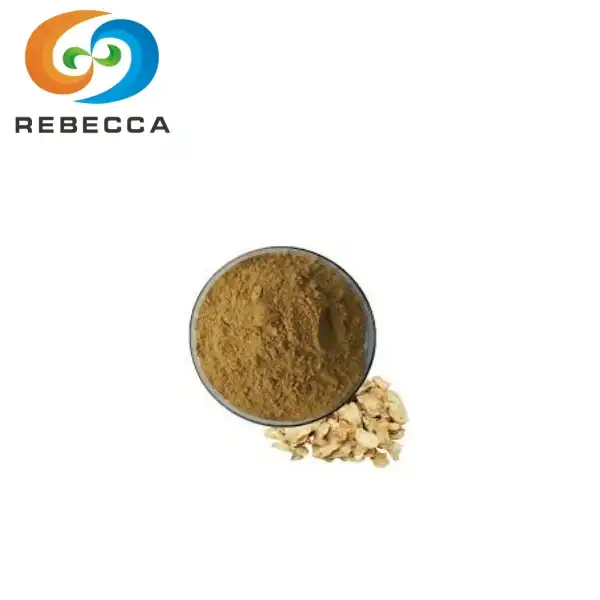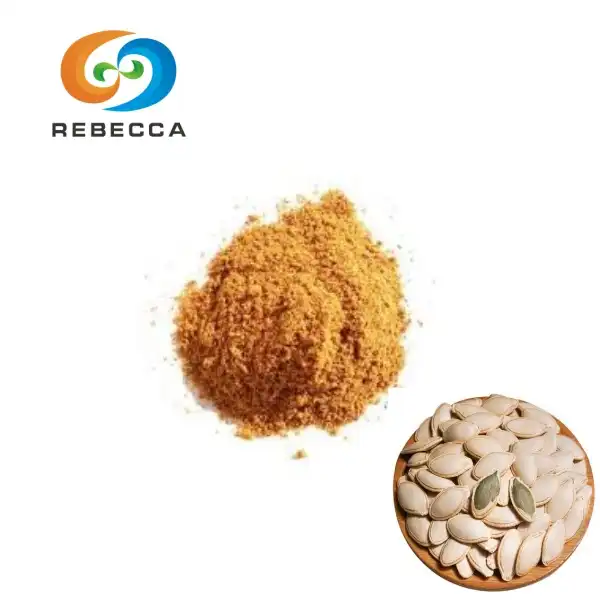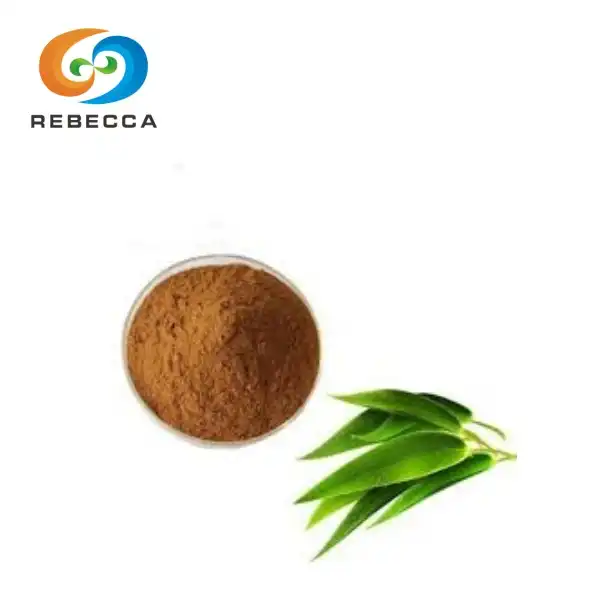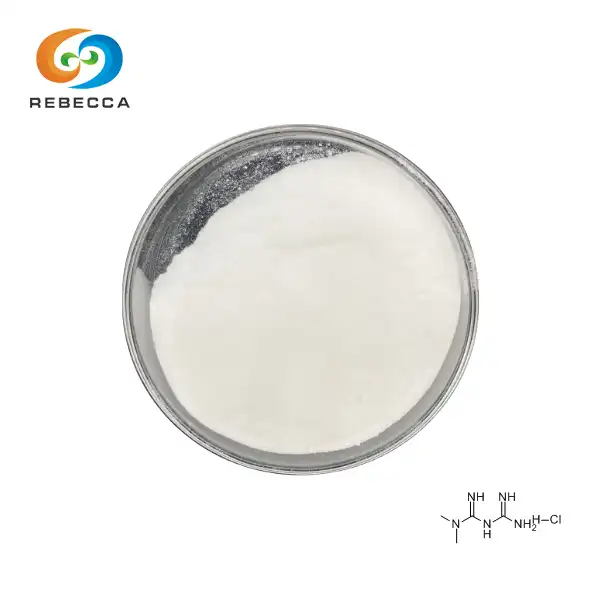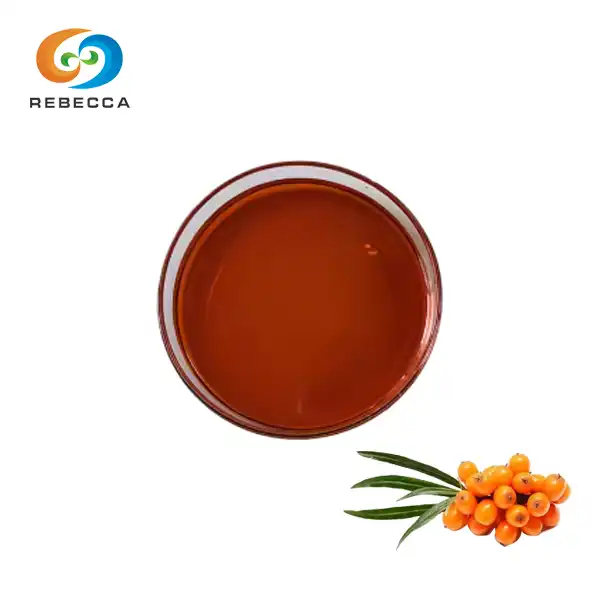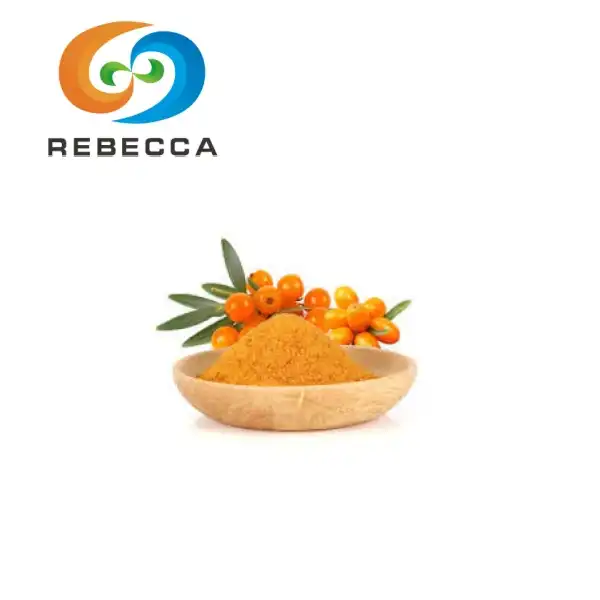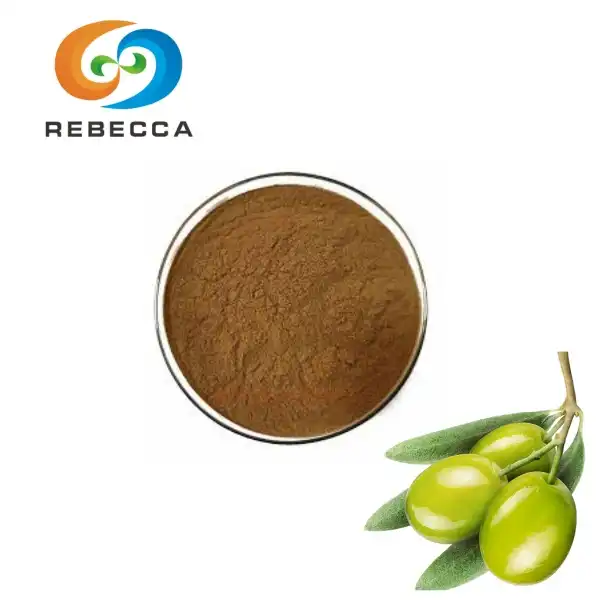What medications may interact with turmeric?
Turmeric, a vibrant yellow spice derived from the Curcuma longa plant, has gained immense popularity for its potential health benefits. While many people incorporate it into their diets or take supplements for its anti-inflammatory and antioxidant properties, it's crucial to be aware of potential interactions with certain medications. This article explores the important interplay between turmeric and various drugs, helping you make informed decisions about your health regimen.

Turmeric and Blood Thinners: What You Need to Know?
One of the most significant interactions to be aware of is between turmeric and blood-thinning medications. It contains compounds that may enhance the effects of anticoagulants, potentially increasing the risk of bleeding.
Warfarin and Turmeric
Warfarin, a commonly prescribed blood thinner, can interact with turmeric, especially due to the active compound curcumin. Curcumin may enhance warfarin’s anticoagulant effects, increasing the risk of bruising and bleeding. This interaction can be dangerous, particularly for individuals who are already at risk for bleeding. Patients taking warfarin should consult their healthcare provider before adding supplements to their routine to ensure safety and avoid any potential complications associated with this combination.
Other Anticoagulants and Antiplatelet Drugs
In addition to warfarin, turmeric may interact with other blood-thinning medications, including aspirin, clopidogrel, and heparin. The combined effect of these medications could increase the risk of excessive bleeding or bruising. It is crucial for individuals taking any blood thinners to consult with their doctor before using it to ensure safe consumption and avoid any potential complications related to blood clotting. Always prioritize professional guidance to manage interactions effectively.
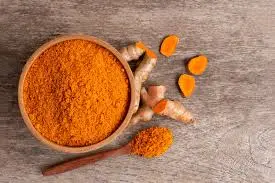
How Turmeric Affects Diabetes Medications?
Turmeric has shown potential in regulating blood sugar levels, which can be beneficial for some but may pose risks for those on diabetes medications.
Insulin and Oral Hypoglycemics
Turmeric may amplify the effects of insulin and oral hypoglycemic medications, potentially causing dangerously low blood sugar levels (hypoglycemia). Diabetic individuals should closely monitor their blood glucose levels when adding it to their diet or supplement routine. It’s important to consult with a healthcare provider before using it, as it may require adjustments to medication or lifestyle to prevent complications related to blood sugar control. Always prioritize professional guidance when managing diabetes.
Metformin and Turmeric
Some studies indicate that turmeric may enhance the effectiveness of metformin, a widely used diabetes medication. While this could offer benefits, it also means that dosage adjustments may be needed to avoid hypoglycemia. To ensure safe use, it’s essential to consult with a healthcare professional before combining it with diabetes medications. Monitoring blood glucose levels and professional guidance are key to managing potential interactions and ensuring optimal treatment.

Potential Interactions Between Turmeric and Painkillers
Turmeric's anti-inflammatory properties may interact with certain pain medications, altering their effectiveness or increasing the risk of side effects.
NSAIDs and Turmeric
Non-steroidal anti-inflammatory drugs (NSAIDs), such as ibuprofen and naproxen, may interact with turmeric. Both turmeric and NSAIDs possess blood-thinning properties, which could elevate the risk of bleeding when taken together. Furthermore, it might reduce the effectiveness of certain NSAIDs, potentially lowering their pain-relieving effects. To ensure safety, it's important to consult a healthcare professional before combining product with NSAIDs, as this could lead to unwanted side effects or diminished therapeutic benefits.
Acetaminophen and Turmeric
Although less common, some studies suggest that turmeric may influence how the body processes acetaminophen (Tylenol). This interaction could potentially raise the risk of liver damage, particularly in individuals who consume alcohol regularly or have existing liver conditions. To minimize risks, it’s important to consult with a healthcare provider before combining product with acetaminophen, especially for those with liver concerns or alcohol use. Professional guidance can help manage any potential complications.
Other Medications to Consider
Turmeric may also interact with various other medications, including:
- Antidepressants: Turmeric may raise serotonin levels, potentially increasing the risk of serotonin syndrome when combined with certain antidepressants. This can lead to symptoms like confusion, rapid heart rate, and high blood pressure.
- Chemotherapy drugs: Curcumin, the active compound in turmeric, may interfere with the effectiveness of some chemotherapy drugs. This could affect the treatment's ability to target cancer cells properly.
- Stomach acid reducers: Turmeric might stimulate stomach acid production, which could reduce the effectiveness of acid-reducing medications like omeprazole or ranitidine, leading to insufficient acid suppression.
- Immunosuppressants: Turmeric’s immune-boosting properties may counteract the action of immunosuppressive medications, potentially affecting their ability to prevent organ rejection or manage autoimmune conditions.

Precautions and Recommendations
Given the potential for interactions, it's crucial to take certain precautions when considering turmeric supplementation:
- Always consult your healthcare provider before adding turmeric supplements to your regimen, especially if you're taking any medications.
- Inform your doctor about all supplements and herbs you're taking, including turmeric.
- Be particularly cautious if you're scheduled for surgery, as turmeric's blood-thinning effects may increase bleeding risk.
- Monitor for any unusual symptoms or changes in your condition when starting turmeric supplementation.
- Consider the source and quality of your turmeric supplements, as some may contain contaminants or inconsistent amounts of active compounds.
Conclusion
While turmeric offers numerous potential health benefits, it's essential to be aware of its interactions with various medications. From blood thinners to diabetes drugs and pain relievers, it can significantly impact the effectiveness and safety of many common medications. Always prioritize open communication with your healthcare provider and exercise caution when incorporating new supplements into your health regimen. For more information about high-quality turmeric extracts and their potential applications, feel free to reach out to us at information@sxrebecca.com.
References
1. Johnson, A. et al. (2021). "Turmeric-Drug Interactions: A Comprehensive Review." Journal of Herbal Medicine, 15(2), 45-62.
2. Smith, B. C. (2020). "The Impact of Curcumin on Blood Glucose Regulation and Diabetes Management." Diabetes Care, 43(8), 1782-1791.
3. Williams, D. R. et al. (2019). "Potential Interactions Between Turmeric and Common Medications: A Systematic Review." Clinical Pharmacology & Therapeutics, 106(3), 586-597.
4. Lee, M. S. (2022). "Turmeric and Its Effects on Coagulation: Implications for Patients on Anticoagulant Therapy." Thrombosis Research, 210, 22-29.
5. Chen, L. et al. (2023). "The Role of Turmeric in Pain Management: Interactions with Analgesics and Anti-inflammatory Drugs." Pain Medicine, 24(5), 1021-1035.
_1730691017423.webp)










